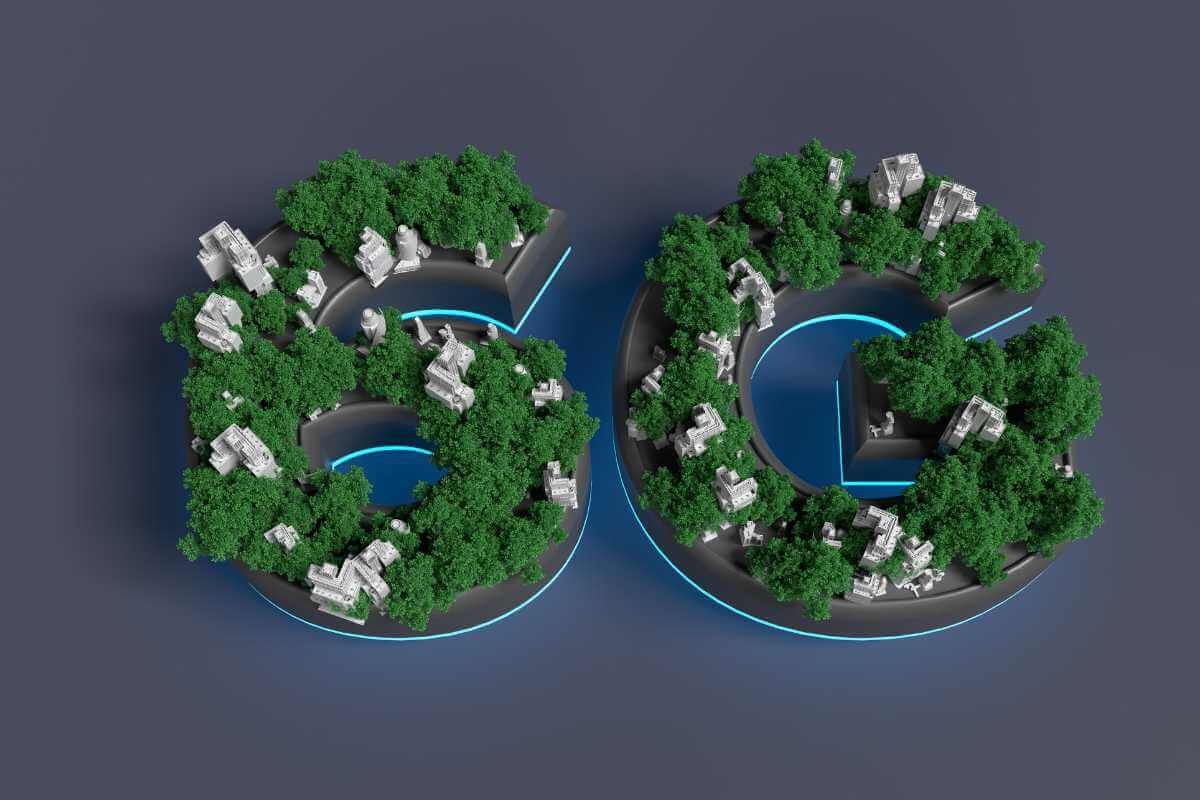
India, represented by the Department of Telecommunications (DoT) under the Ministry of Communications, has played a pivotal role in the development and approval of the 6G Vision Framework by the International Telecommunication Union (ITU). According to the statement, this framework sets the stage for India's active involvement in the design, development, and deployment of 6G technology by 2030, aligning with the country's vision outlined in the "Bharat 6G Vision" document released by Prime Minister Shri Narendra Modi on March 23, 2023.
Affordability, Sustainability, and Ubiquity: Key Principles of Bharat 6G Vision
The Bharat 6G Vision is built on the principles of affordability, sustainability, and ubiquity. It ensures that India takes its rightful place in the world of telecommunications, positioning India as a provider of advanced yet affordable telecom technologies and solutions and contributing to the global advancement of the industry.
By prioritizing 6G standardization, the Department of Telecommunications has enhanced India's position in the international telecommunications arena, focusing on the key elements of ubiquitous connectivity, ubiquitous intelligence, and sustainability.
Also Read: Bharat 6G Vision Document to be Unveiled by PM Modi on Wednesday
ITU Approved the 6G Framework
The International Telecommunication Union has approved the 6G Framework, referred to as "IMT 2030," which will serve as a foundational document for global research and development in 6G technology. The approval of the framework on June 22, 2023, signifies a collaborative effort among member countries of the United Nations, with India playing a front-runner role from the very beginning.
Telecommunication Engineering Centre's Leadership in Standardization
The Telecommunication Engineering Centre (TEC), the technical arm of the Ministry of Communications, has been at the forefront of India's standardization efforts for the 6G Framework. The National Study Group (NSG), headed by TEC, has made substantial contributions in shaping the ITU's 6G framework, ensuring that India's specific requirements are taken into account. The government said the inclusive approach adopted by TEC has encouraged active participation from major industries, startups, academia, and research and development organizations, fostering a collaborative environment.
Advocating for India's Specific Needs
TEC's NSG has been diligently working on the 6G Framework for several years, advocating for India's specific needs and concerns at the international level. In the past, India's contributions through the NSG were instrumental in the development of the 5G technology, leading to the adoption of the Low Mobility Large Cell (LMLC) as a 5G use case by the ITU.















